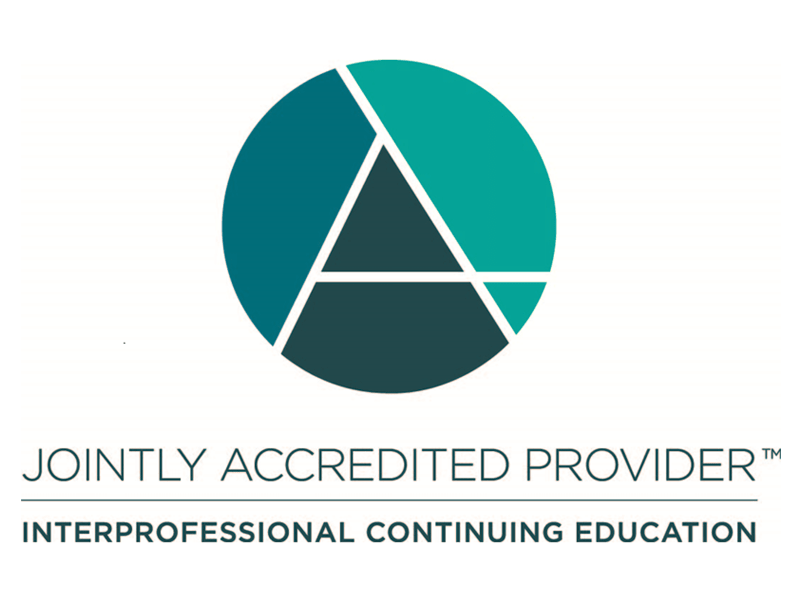Course Summary
Older people, with complex medical and surgical problems, move through our EDs every day. Emergency physicians excel at rapid and focused management of their medical problems. However, we sometimes find the other necessary components of the assessment – cognitive, functional, psycho-social – to be challenging, time- and resource-intensive. Yet if we are to plan ED discharges that are safe and durable, all elements of that assessment need to be complete and excellent. And we know that management of such a complex situation cannot be handled by only one person – it’s a team sport.
This module follows three patients to the Emergency Department – all straightforward on the face of things, but complex once you dig deeper. We suggest a framework, some tools, and strategies for assessing ALL the components of their presentations. And we suggest some best practices for the most complicated of transitions – ED to nursing home.
Learning Objectives
Upon conclusion of this activity, participants should be able to:
-
- List strategies for gathering information about an older patient in the ED.
- Identify essential parts of a discharge plan for an older patient (the importance of cognitive and functional assessment, ambulation, ability to provide self-care, safety and establishing a follow-up plan appropriate for the vulnerable older patient.
- Name the Activities of Daily Living and Instrumental Activities of Daily Living and link them to safe ED discharge.
- Establish members of the health-care team with whom to share care tasks; (ED nurse, family physician, community care provider, long-term care providers; ambulance crew)
- List strategies for communicating with “downstream” care providers. (call long-term care; send written information back to LTC; fax a copy of chart or discharge summary to family doctor; provide a legible written copy of clinical record and plan to the patient; notify in writing the community care nurse about changes in care plan.)
Attendance at this Mayo Clinic accredited course does not indicate nor guarantee competence or proficiency in the performance of any procedures which may be discussed or taught in this course.
Accreditation Statement
In support of improving patient care, Mayo Clinic College of Medicine and Science, and the Geriatric Emergency Department Collaborative. Mayo Clinic College of Medicine and Science is jointly accredited by the Accreditation Council for Continuing Medical Education (ACCME), the Accreditation Council for Pharmacy Education (ACPE), and the American Nurses Credentialing Center (ANCC) to provide continuing education for the healthcare team.
Credit Statements
-
AMA
Mayo Clinic College of Medicine and Science designates this live activity for a maximum of 1.00 AMA PRA Category 1 Credits™. Physicians should claim only the credit commensurate with the extent of their participation in the activity.
-
ANCC
Mayo Clinic College of Medicine and Science designates this activity for a maximum of 1.00 ANCC contact hours. Nurses should claim only the credit commensurate with the extent of their participation in the activity.
